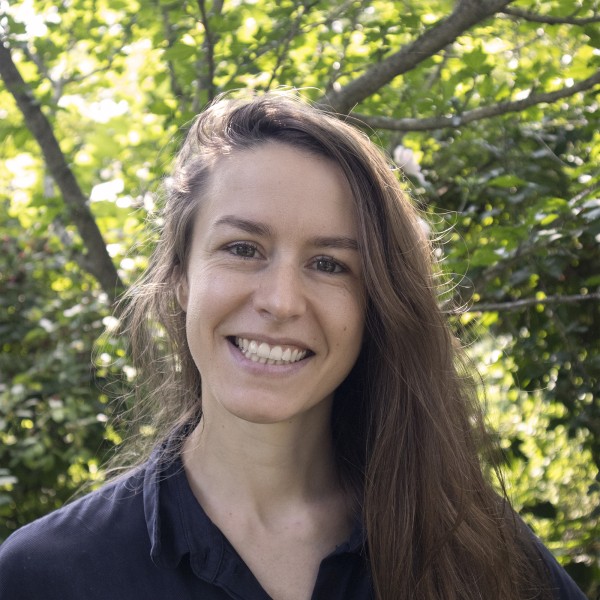Ph.D. Exit Seminar in the Graduate Field of Development Studies
Abstract
This dissertation analyzes Lebanon’s swift shift towards decentralized solar energy in response to the severe energy crisis of 2021. Prolonged fuel shortages and widespread electricity blackouts, resulting from political and economic collapse, compelled Lebanese households, businesses, and institutions to rapidly adopt off-grid solar technologies, marking one of the fastest renewable energy transitions globally. The research explores the sociotechnical and political dimensions of this transformation, highlighting its implications for governance, socio-economic inequalities, and everyday life. Grounded in ethnographic fieldwork conducted from 2021 to 2023, the study employs participant observation, in-depth interviews with energy entrepreneurs, policymakers, and everyday solar users, complemented by policy analysis. The methodological approach integrates comparative frameworks from Science and Technology Studies (STS), political economy, and environmental perspectives, balancing detailed local insights with broader comparative implications. The dissertation situates Lebanon as an instructive case of "experiments" in energy transitions, reflecting wider global patterns of rapid solar adoption triggered by infrastructure failures and economic or environmental crises. Key findings reveal a complex interplay between liberation from unreliable state utilities and costly diesel generators, and new dependencies and inequalities emerging from solarization. Wealthier households achieve energy autonomy, while poorer households experience persistent energy shortages due to limited battery storage. Additionally, Lebanon’s decentralized solar economy fosters reliance on diasporic financial networks and local patronage systems amidst a dysfunctional banking sector. The research also highlights uneven geographical outcomes, noting urban reliance on diesel generators due to limited rooftop space, while rural areas increasingly adopt solar home systems. The shift towards a "circadian economy," where economic activities align with daylight availability, reshapes local economic geographies and labor practices. Ultimately, Lebanon’s rapid yet improvised solar transition provides critical insights into how shocks to existing energy infrastructures can lead to innovative adaptations, where complete reliance on intermittent renewables introduces new temporal and spatial patterns—what this dissertation terms "the patronage of the sun."
About the candidate
Prior to coming to Cornell, Camillo worked as a consultant in rural development and impact research in the tri-border region of Austria, Switzerland and Germany.
Camillo earned a B.Sc. in environmental resource management from the University of Applied life Sciences in Vienna, as well as a Ba.+Ma. degree in International Development at the University of Vienna. His master’s thesis entitled “Hard Standards Shaping Soft Concrete” studied the role of technical standards in an aid funded infrastructure project in northern Albania. After completing his studies in 2012 he worked in on energy, conservation and agriculture related development projects in Sierra Leone and Lebanon.
Broadly he is interested in questions at the intersection of society, technology and the environment. Recently he has been curious about the promises and implications of decentralized infrastructures for life in the countryside.
Camillo’s research examines the adoption of decentralized electricity technologies in Lebanon, focusing on the interplay of governance and infrastructural change.
Date & Time
May 2, 2025
3:00 pm - 4:00 pm
Location
More information about this event.
Contact Information
Crystal Brown, Graduate Field Administrator
- cb942 [at] cornell.edu
Speaker
Camillo Stubenberg , Ph.D. Candidate, Development Studies
Departments
Global Development Section
Related Events

We openly share valuable knowledge.
Sign up for more insights, discoveries and solutions.



